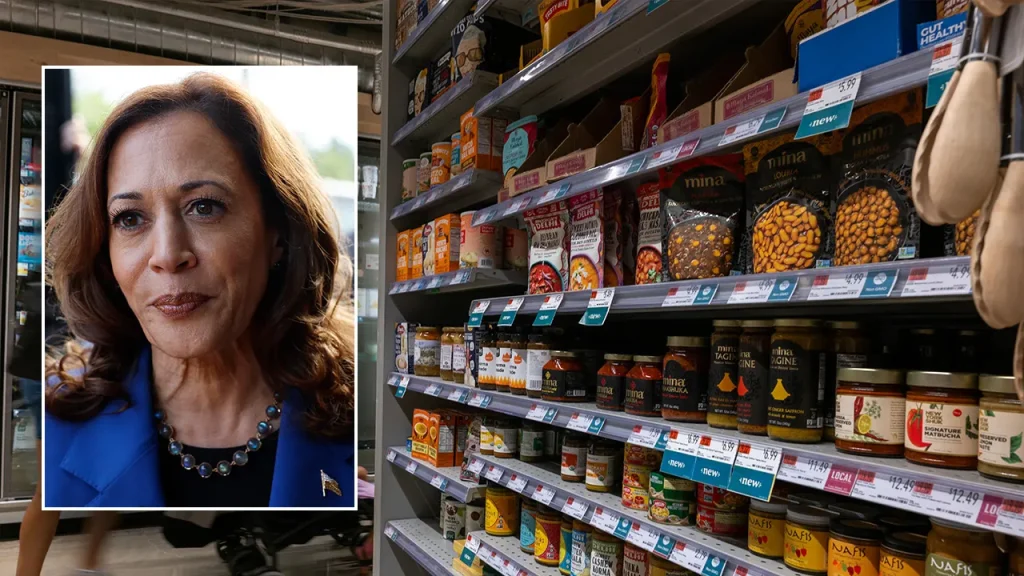Rep. Michael Rulli, a first-term House Republican from Ohio who also runs a small chain of grocery stores, is concerned about Vice President Kamala Harris’ proposal to control grocery prices. He believes that this plan will have a negative impact on family-owned businesses like his. Rulli, who took office in June after winning a special election, has significant experience in the grocery industry, having helped run the mid-sized grocery chain started by his father in 1917. He argues that implementing price controls will be devastating for the grocery industry, potentially putting many businesses out of operation.
Rulli explained the potential consequences of price controls by using the example of a bottle of Tide laundry detergent made by Procter & Gamble. He highlighted how companies like Procter & Gamble might choose to discontinue products if they are unable to adjust prices as needed. This could lead to a significant reduction in product variety and availability in stores. Rulli emphasized the ripple effect this could have on consumers, limiting their choices and quality of life. He warned that adopting price controls could ultimately lead the United States down a path similar to countries like Cuba or Venezuela.
Vice President Harris has proposed a ban on food price gouging as part of her presidential platform, a move that critics fear could harm economic growth. While Harris and her supporters argue that large food manufacturing companies have been making substantial profits in recent years, groups like the National Grocers Association have criticized the plan as unnecessary. They believe that it will negatively impact independent grocers who are already operating on narrow profit margins. Small and mid-sized grocery stores are particularly at risk of going out of business under the proposed price controls, according to Rulli, who has observed several closures in his area over the past few years.
Concerns have been raised about the potential long-term consequences of Harris’ price control proposal. Critics, including economic commentator Dave Ramsey, caution that such measures may not be sustainable and could lead to severe repercussions. They point to past examples from countries like Venezuela and the Soviet Union where similar policies have had disastrous effects. Rulli and other opponents of Harris’ plan argue that it is a solution in search of a problem, as the grocery industry is already facing challenges due to inflation. By imposing price controls, they fear that the situation will only worsen, ultimately harming both businesses and consumers.
Despite Harris’ intentions to protect consumers from unfair exploitation by big corporations, critics like Rulli believe that her price control plan will have unintended consequences. Rulli emphasizes the importance of preserving the variety and affordability of products for Blue-collar workers. He fears that implementing price controls will limit choices and quality of life for everyday Americans. With the grocery industry already facing significant challenges, small businesses are at risk of closure under Harris’ proposed measures. Rulli’s concerns highlight the complexity and potential pitfalls of implementing government-mandated price controls in a free-market economy.


